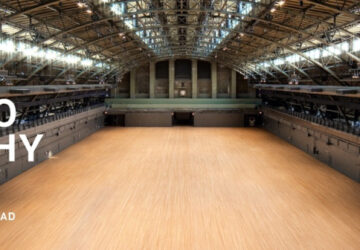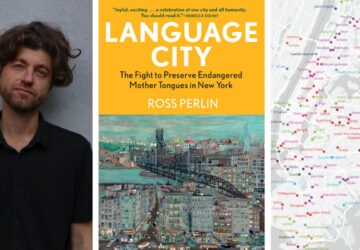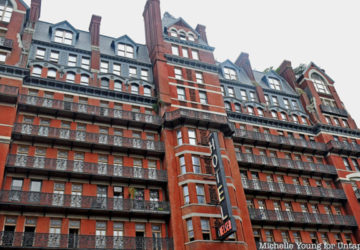Over the course of one hundred days in 1994, one million people were massacred in the Rwandan Genocide. The bicycle became not only a mode of transit, but a means of survival. In the “Land of a Thousand Hills,” farmers raced barefoot down hillsides on bikes loaded with a hundred pounds of potatoes, taxi drivers peddled across villages with women and children in tow, and in back alleys children played with bent bicycle wheels. But they never cycled competitively until Jonathan “Jock” Boyer, the first American to compete in the Tour de France, came to coach Team Rwanda, the country’s first national cycling team.
Rwandan cyclist Adrien Niyonshuti lost sixty of his family members. He started cycling in 2003 and rode a mountain bike for the first time in 2006, catching up to Jock and a winning a local race. In 2011, Adrien qualified for the Olympics, sending shock waves through the international community.
Rising From Ashes is an independent documentary created by T.C. Johnstone over the course of six years. It is a redemption story of these two men, Jock and Adrien, a living proof that we are the master of our own destiny, irrespective what we may have lived through. The film chronicles the founding, building of Team Rwanda and Adrien’s fight to qualify for the Olympics. It will premier at Quad Cinema in New York City on August 2 and it doubles as a fundraiser for Team Rwanda. Check out the film’s website to see where else it’s playing. The film was funded by donors, and all proceeds will go to support Team Rwanda.
We were lucky enough to visit Jock, his wife Kimberly and members of Team Rwanda in Muzansi, near Rwanda’s border with the Democratic Republic of the Congo. Over dinner in Jock and Kim’s home, which also doubles as base camp for Team Rwanda, we hit upon the inevitable topic, the failure of international aid. Like many of the foreigners who live and work in Africa, Jock believes there is a better way. Private companies like Kiva, Charity Water, Pencils of Promise, Toms and Warby Parker use unique business models as an alternative solution to issues of poverty and inequality that continue to plague Rwanda and other African countries. Team Rwanda is Jock’s answer. By teaching Rwandans the art of cycling, sportsmanship, dedication and professionalism, the team provides more than aide. It builds self-esteem, hope and a vision for the future.
The men who make up Team Rwanda continue to suffer from the trauma of the Genocide. Many of them were living in homes without clean running water, were malnourished and had never received health care. Many could not read or write. Members of Team Rwanda receive a modest salary to support themselves and their families in addition to health care to treat water-borne diseases such as malaria, and English lessons.
Additional reporting by Laura Itzkowitz. Get in touch with the author @charliegrosso.





